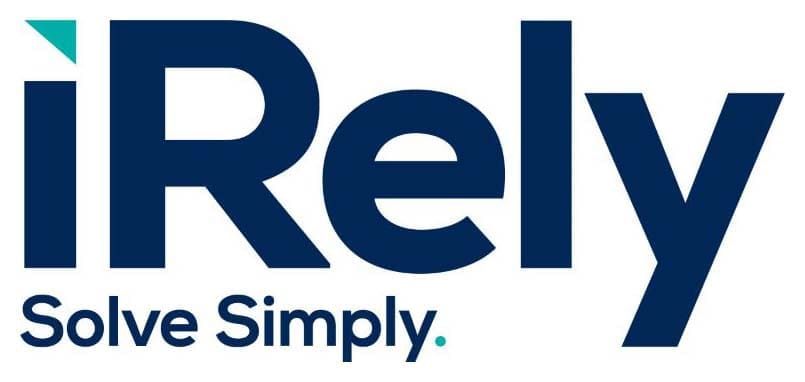When you choose a software vendor, do you question how the company is financed? Should that be part of your evaluation?
It matters. Different sources of funding create different incentives.
How a company is financed impacts how the company is run, how much money they invest in research and development, and how committed they are to the long-term success of their customers.
The challenge with private equity financing a software company
Very often, software companies publish press releases announcing their latest round of private equity funding. They post photos on social media and celebrate the additional 10, 50, or more million dollars invested in their business. The funding may be a great financial achievement for their owners, but what does it mean for you, their customer?
Private equity firms invest in businesses with the only goal of rapidly making more money than they invested. Their first objective is to reduce working capital (aka cut costs and generate free cash flow). Then they incentivize a new professional management team to quickly ‘build to sell.’ Everyone in the company has the sole objective to increase revenue, reduce costs and increase EBITDA whereby the valuation grows, and the company gets sold to yet another private equity.
Take a moment to reflect on what that means to you, the customer. It changes the way the software company is managed.
- Will they invest in innovation for long-term growth? No way: private equities do not buy green bananas, so to speak.
- Will they invest in features and technologies that will enhance the user experience and efficiency? No way: private equities are focused on the return of and return on their investment within a very short time horizon.
Soon the software company is sold to someone (most of the times to a larger private equity). Financial engineers take over. Second sale is about ‘consolidation’ with other portfolio companies they have and building their own synergies (financial benefits by way of cost reduction). They usually include lots of layoffs of traditional teams. Support for the software may be limited, or discontinued, leaving you and your needs unmet.
What it means to be privately owned
If the company is owned privately with hands-on management emotionally attached to the product, technology and customers and no desire to sell the business itself, their motivations are completely different. They have a long-term view of the business with a steadfast focus on customer satisfaction and referrals.
The privately-owned company wants to secure new customers, but they also want to keep their current customers happy. They continuously build on their positive reputation. What your customers think of you matters when you plan to be in business for the very long haul. Many privately-owned companies form customer advisory boards to actively engage with their customers. They review the product roadmap and customer concerns regularly to ensure they focus on both current and future needs of their customers.
Privately-owned companies typically invest heavily in innovation and development because they need to ensure their business remains viable beyond the short term. If you plan to be in business for decades, you are not going to stop investing in new technology or better implementation processes. You need to keep ahead of your competition.
What about publicly held corporations?
Publicly held software companies are stable and have longer time horizons. However, pressures from shareholders are intense for quarterly reports, dividends and growth in share price. Publicly held companies have substantial overhead and therefore their focus tends to be on wider application software (Oracle, Microsoft, IBM).
When a company is privately owned, there is no requirement to meet a specific target each month. Privately-owned companies work to their own timelines, investing heavily when need be without worrying about a quarterly target. Publicly held companies lack some of that flexibility and cannot always move quickly in response to new technology or market shifts.
When evaluating a software provider, take a moment to understand how they are funded and how the ownership is structured. Make sure they have a long-term plan as well as a robust R&D pipeline. You do not want to invest in a solution only to discover in a year that the ownership has changed.
Please contact us to learn how iRely’s private ownership ensures our commitment to your long-term success.
